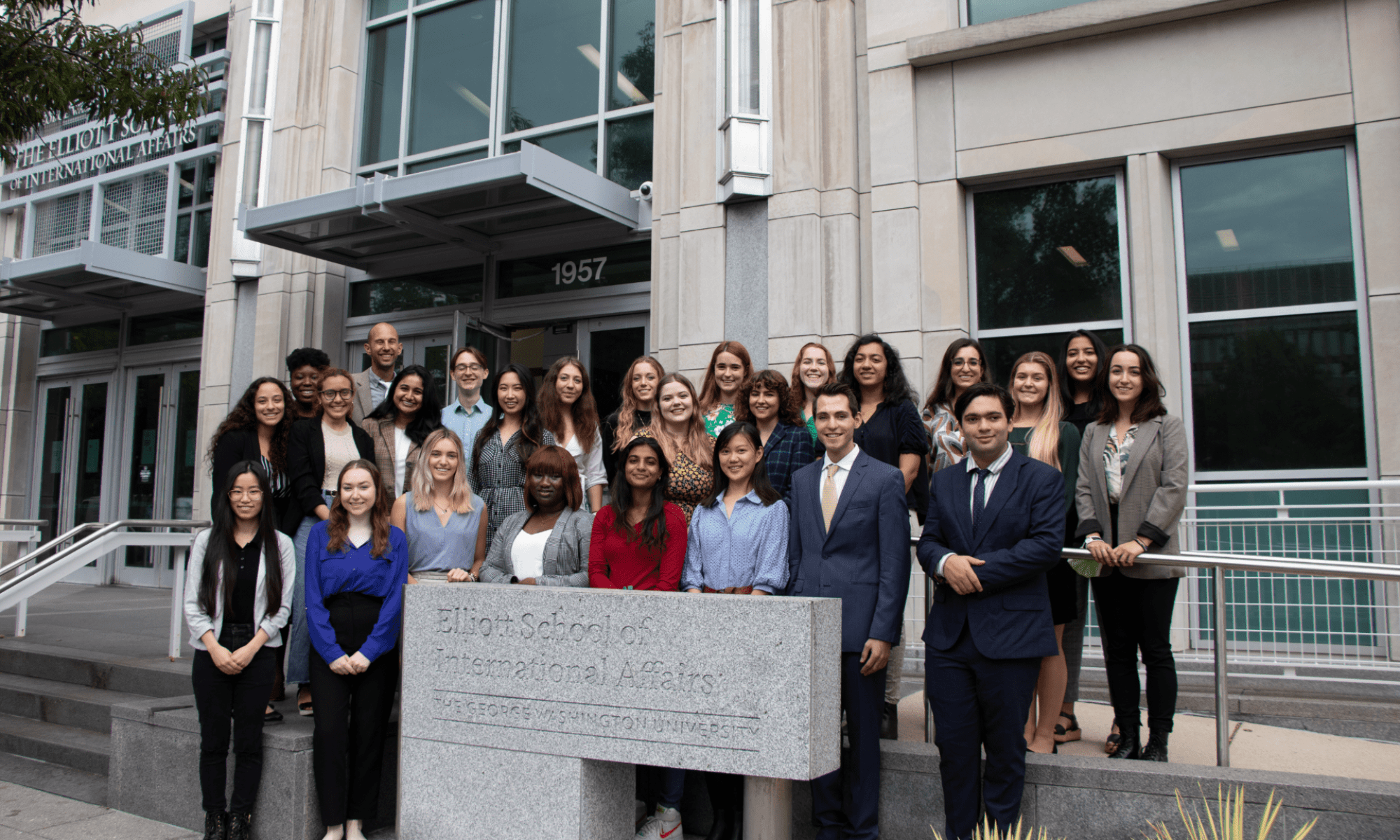
Michelle Shevin-Coetzee is a Military Legislative Assistant in the U.S. House of Representatives. She previously worked in the think tank community, most recently as a Fulbright Schuman Fellow at Chatham House in London and the German Council on Foreign Relations (DGAP) in Berlin. Before that Michelle was a Research Assistant at the Center for Strategic and Budgetary Assessments and a Researcher at the Center for a New American Security, both in Washington, DC.
Michelle received her M.A. in Security Studies from Georgetown University and her B.A. in International Affairs, summa cum laude, from the George Washington University. She was a Harold W. Rosenthal Fellow in International Relations at the Congressional Research Service during graduate school and an intern with the Office of the Under Secretary of Defense for Policy at the Pentagon throughout her undergraduate studies. Michelle has volunteered in leadership positions with the GW and Washington, DC chapters of Women in International Security.


